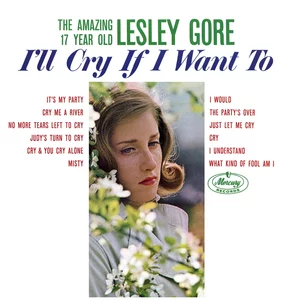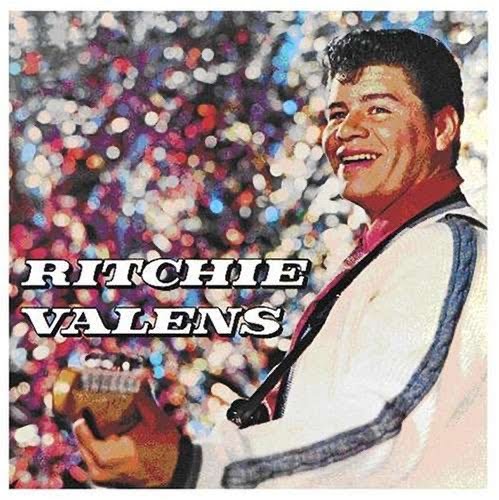The heart of rap is one that is everlasting. Rap is timeless with age and history. It has constant stories to tell, speaking with crafted lyrics and beats. Over the last few decades, Rap has had handfuls of dynamic changes with flow and presentation. Old School rap is often referred to as the “Golden Age of Hip Hop”. Considered to have emerged in 1970’s to the 1990’s. Old School rap is characterized in many ways and known for its compassionate storytelling, bold lyrics, and distinctive style. Old School rap was chained closely to the civil rights and social justice movements in America. It had raw and unfiltered qualities that played a major role in having voices heard. These qualities included an empowering voice for Black and Latin communities to express themselves. It’s important to understand the culture and how rap has played a powerful role in history.
New School rap is considered to have started primarily in the 2000’s. Turning its focus to industry trends for brandability and marketing, leaving rap’s earlier origins behind. With both musical era’s of rap only growing in popularity, there is a noticeable difference between the two. Senior Andrew Do, an adamant fan of rap, listens to Travis Scott, Lil Baby, Playboi Carti, Jack Harlow, and Doja Cat just to name a few. Andrew said “With New Rap, it’s more about flexing what you have to offer in the industry, such as wealth and s*x. Whereas with Old School, it’s talking about the same thing just presented in a more unique and artistic way. Ninety percent of music now is beat making, back then it was more lyrical. Old School is talking about the same thing but presented in a more unique and artistic way. 90% of music now [New School] is beat making, back then it was more lyrical.”
Both Old and New rap contain their unique and favorable styles. In popular opinion by AHS students, Old School rap defined what rap was really about. New School departed from rap origins and shined away from storytelling primarily advocating self expression. Freshman Khang Huynh said “Old School you can actually hear the lyrics, New school you just hear mumbling. For New School rap artists I like Lil Mabu and Yuno Miles, and for Old School I like Biggie.” New School rap embraces a broader range of themes and different subjects. With the advancements in technology this has allowed for a common new founded practice of using auto tune and digital effects that revolutionized vocal delivery for rap artists. Lyrics became more explicit and less storytelling. New School rap introduced the themes of wealth, fame, and self branding which became heavily prevalent in the industry. This reflected the high aspiration of new artists in today’s generation to change up the flow and style of modern day rap.
Senior Genesis Aparicio said “I enjoy listening to Kendrick Lamar, Drake, Mac Miller, I would say Old School rap was more like I feel more diverse because I feel like rappers now only rap about drugs, money, and girls which is very objective. For Old School I like Dr. Dre and for New School I like Ice Spice. Personally I like Old School more because I feel like I vibe with it more, To me it’s more groovy.” Old School rap emphasized social commentary and created lots of bridges within diverse cultures. New School rap has brought lots of commercial success and shedded light to the pursuit of “life success”. Freshman Nathan Troung said “I like Kendrick Lamar and J Cole. I think Old School rap is more about the words and New School is about the beat. My favorite Old School rapper is MF Doom.”
The clashing comparison between Old and New School rap will be everlasting. Both evident in playing a major contribution to the foundation of Hip Hop. A debate between both styles resonates with the importance and impact rap has had and will continue to have. Which is better is dependent on the listener and their taste in music. Appreciating both Old and New, Rap influences and conveys intricate methods of sharing stories and art. It’s an engraved prospect of culture and will ultimately continue to grow. Adapting a pattern holds true regardless of age or era, The art of rap resonates timelessly and can be listened to for an eternity.






